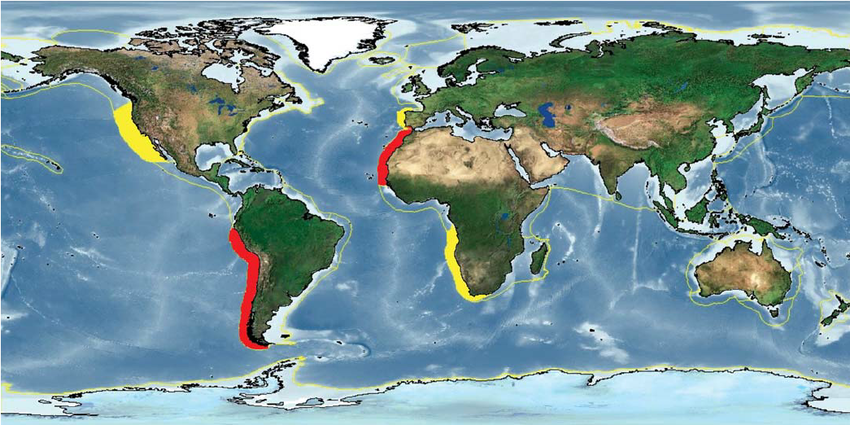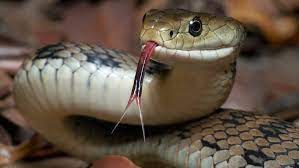By Seoyeon Yoo
The Pacific ocean, The Atlantic Ocean, The Indian Ocean….These are some of the familiar classifications one conceives of when hearing the word “ocean”. The criterion for this sorting is the “location” of specific areas in the ocean. In other words, the main paradigm is based on the realms of “humans”. Political and national factors bonded in standards classifying oceans all come to the front of the same category, humans.
However, some marine biologists have begun to assert that it is time to shift this fragmental paradigm. Even in the same areas of the ocean, various ecosystems, ocean currents, and bathemetries-the characteristics regarding the ground of the ocean-exist, which makes it hard to make progress in marine studies. Within the grand size of the ocean, specifications and categories are left too simple, too superficial. Obscure studies cascade, as most analysis is based on the classifications in the book, an unuseful book. This leads to more crucial problems than what it was in the past.
As global warming and pollution are prevailing, the need for the quick and precise interpretation of the current state of the ocean is growing. To perceive accurate data regarding pollution and come up with an appropriate response to it, new classification of the ocean is needed.
So, what would be the fit standard for categorizing ocean? The concept of the LMEs would be it. The term LME stands for Large Marine Ecosystem, and it sorts the ocean into sixty-six parts based on various characteristics of the sea. However, it focuses on the “natural” details of the ocean, not the “man made” ones. Of course, the concept also includes some man made aspects-suitably blended with natural ones so that it helps humans view the ocean’s natural characteristics.
There are five modules for LMEs in total. They included the Productivity Module, Pollution and Ecosystem Health Module, Fish and Fisheries Module, Governance Module, and the Socioeconomics Module. The first three modules are related more to nature, while the last three are concentrated on humans. To introduce the Productivity Module and the Governance Module, background knowledge must be comprehended.
To start with some background knowledge, the term “productivity” does not precisely mean “the effectiveness of productive effort”, as dictated in the dictionary. In science, it indicates the amount of organized matter produced from inorganic matter by autotroph. “Autotrophs”, which refers to animals that have the ability to create energy dependently, transforms “inorganic matter”-material that does not include carbon- into “organic matter”, which contains carbon. This process creates energy which autotrophs use. In the ocean, this corresponds to the activeness of photosynthesis, as chemical synthesis is very rare underwater.
Now, to get down to main business-how can the “primary productivity” be the criterion for the Productivity Module? Primary productivity links closely to the capacity of marine ecosystems, and creatures living in the areas. The creatures (usually algae) get consumed by secondary fish, then to larger, and larger whales. The basis of the whole marine food chain are greatly influenced by primary production. The activeness of primary production is measured over decadal time scales by using a system called CPR, (Continuous Plankton Recorder) to earn samplers from the ocean. These gained samples are then classified by coded algorithms. Following this step, the Productivity Module is conducted.
The Governance Module, on the other hand, holds a slightly different stance. The governance module focuses on providing the governmental framework for nations to practice the concept of LMEs in real-life politics. The module also cares about marketplace-to guide to a different view regarding fishing. For example, let’s say squids were caught The East Sea of Korea. When counting influence this catch might cause to the whole fisheries market, solely regarding “squids” is flawed. Bycatch, as well as species such as seals and pilot whales which are predators of squid must not be neglected. The Governance Module reminds humans not to fall into human-oriented flaws regarding the ocean.
As shown above, some manuals are actually provided to guide us to marine-oriented views, rather than human-oriented ones. Biological, innovative point of views opens the possibilities for humanity to approach the chronic suffering of our planet, global warming. Precise studies regarding global warming and the ocean are desperately needed more than ever, and the LME project is the first step.
-REFERENCES
Toward ecosystem-based management of the world’s large marine ecosystems, Dr. K. Sherman (thesis)







Leave a comment